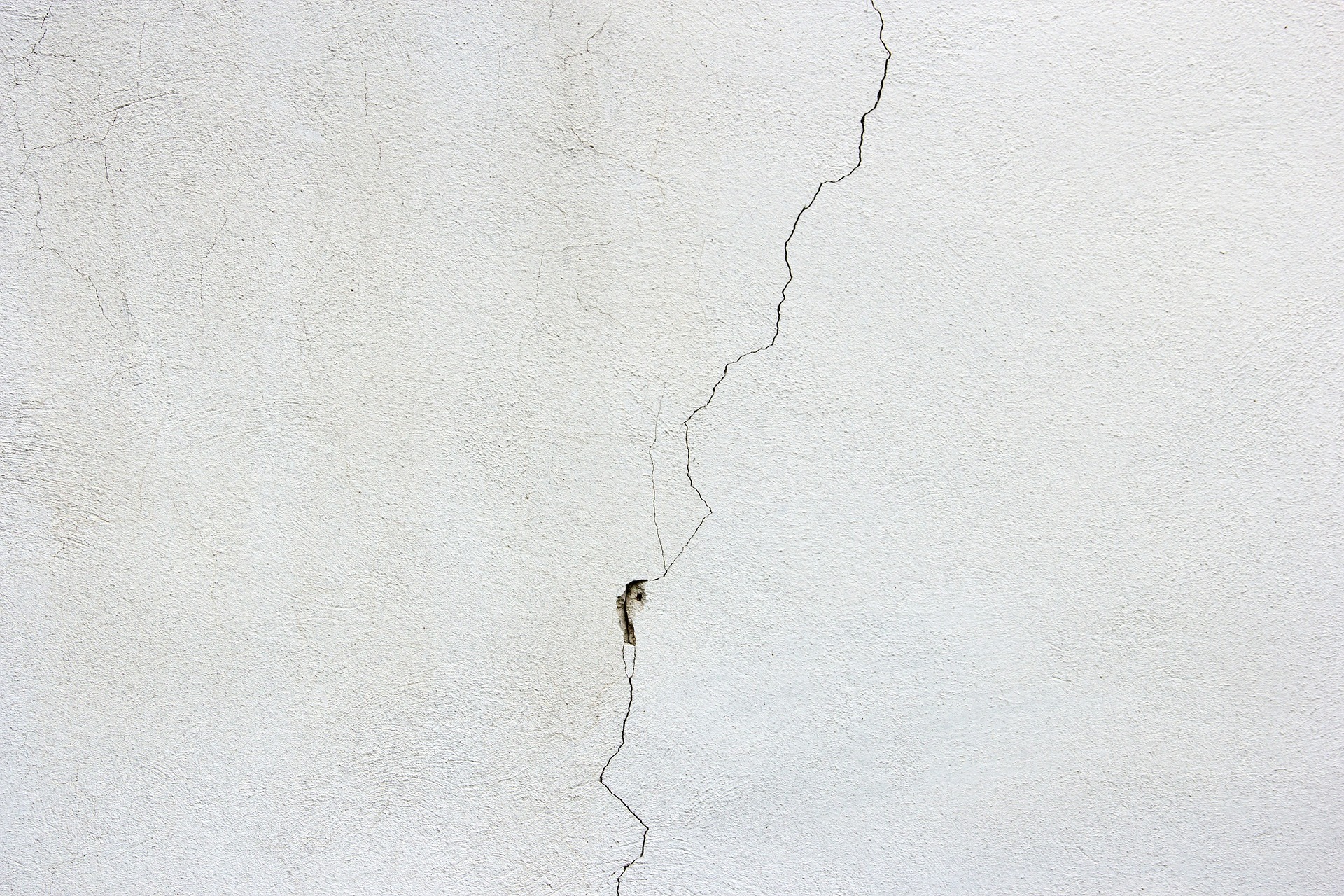Should I get a property survey?
Buying a property is a big investment; probably the most expensive purchase of your life so you shouldn’t want to leave anything to chance.
Paying for a property survey might seem expensive and unnecessary (after all the property looks fine doesn’t it?), but having a survey to check the building is sound and discover the extent of any repair work that might be needed could save you money now and possibly in the future.
Often small problems found in the survey can be resolved through negotiation during your sale. You may want to get quotes for any work required to support your case. Or you may be better to keep the sale moving and tackle them once you move in.
However, some larger issues, for example, structural problems might be less straight forward. Especially when it comes to getting the insurance you need to protect the property. The good news is that the majority of survey problems can be addressed by both parties being open to discussion and keeping the bigger picture in mind.
What is a survey?
A survey is when a property is inspected by a Chartered Surveyor to assess its condition.
There are several types of house survey to consider, so understanding their differences will help you choose the right one.
The age, construction type and structural condition of the property you are buying will help decide which type of survey you need.
The HomeBuyer Report (aka Homebuyers Survey)
This survey is aimed at those buying a property that appears to be in a decent condition and hasn’t had any major alterations since it was first built. The surveyor will only inspect the visible areas that are easily accessible.
You will receive a report that:
- Gives a condition rating for each element of the property
- Rates the condition of all permanent structures, e.g. garages, outbuildings
- Highlights important problems that could affect the property’s value
- Provides ongoing maintenance advice
- Gives an overview of the condition of the services (visual only, they are not tested)
- The option to provide a market valuation and insurance rebuild costs.
Building Survey (aka Full Structural Survey)
A Building Survey is a comprehensive, detailed inspection and assessment of a buildings structure both inside and out, including visual and non-visual aspects. This survey is for properties that are old (and/or dilapidated), made of unconventional materials, e.g. thatch or timber, or if it has had (or you intend to make) extensive structural alterations.
The surveyor will check all easily accessible areas (roof, underfloor etc,) and will look at issues that could compromise the structural integrity of the building, e.g. damp, woodworm or potential hazards like large trees close by.
You will receive a report that:
- Details everything the surveyor feels you ought to know about the property
- Provides technical details on the construction of the property, materials used etc.
- Lists all defects, what likely caused them and their level of significance
- Recommends what you would need to do to fix the defects
- Provides ongoing maintenance advice.
Mortgage or Lenders Valuation Survey
Your mortgage lender organises this survey to determine whether the property you are buying is worth the price you have agreed to pay for it. The outcome of the valuation survey decides whether they will give you a mortgage on the property. Lenders typically charge a fee for this, which is usually paid at the same time as you make your mortgage application.
‘Remember – A valuation survey is for your lender to check that the property is worth the amount they are lending you!’
A valuation specialist is asked to determine the value of the property, which can be done as a ‘drive-by’ or as a more in-depth inspection – it will depend on the property.
The valuer will only be looking for problems that could mean, should you default on your mortgage, that the lender would not be able to sell the property to get back the money they have loaned you.
There is no obligation for the Mortgage Valuation to reveal any structural problems to you, and they will not appear in the valuation report. That is why having your own independent survey is so important – without it, you are buying blind.
If the mortgage valuation comes out below your agreed sale price, then you have a few options. You can try to renegotiate with the seller to see if they will accept a lower price. In some cases, you may be able to appeal the decision. Alternatively, you may be able to find another lender. We recommend you speak with your mortgage advisor if this happens before deciding what to do next.
RICS Condition Report
The Royal Institution of Chartered Surveyors (RICS) Condition Report is a cheaper version of the HomeBuyer Report. It does not include a valuation and only shows the condition of the property to supplement the information provided by the mortgage valuation survey.
How much does a survey cost?
A Mortgage Valuation Survey (which you will have to pay) costs between £120 and £350 depending on the property type, number of bedrooms, purchase price and the lender).
The HomeBuyer Report usually costs between £400 and £1000 (+ VAT) depending on the property type.
A Building Survey is the most comprehensive survey you can have and will cost between £500 and £1,300 (+ VAT).
Not convinced you need a survey?
Research by the RICS found that 17% of new owners that didn’t have a survey ended up paying £12,000 or more to make their homes habitable, and 20% uncovered faults after buying, which cost £5,750 on average to fix. (Source: https://collier-stevens.co.uk/2018/12/19/5-reasons-you-need-a-proper-building-survey/)
Having a survey means:
- You could avoid buying a property that might cost you even more in the long run.
- It could help you renegotiate the purchase price to take into account the cost of repairs.
- There are no surprises – you can make an informed decision about your property purchase.
How to get a house survey
You will need to employ an RICS Chartered Surveyor to undertake a survey for you. They will also be able to advise on which survey is most appropriate for the property you are buying.
We can help you find one who can help in your local area here https://move-engine.com/surveyors







